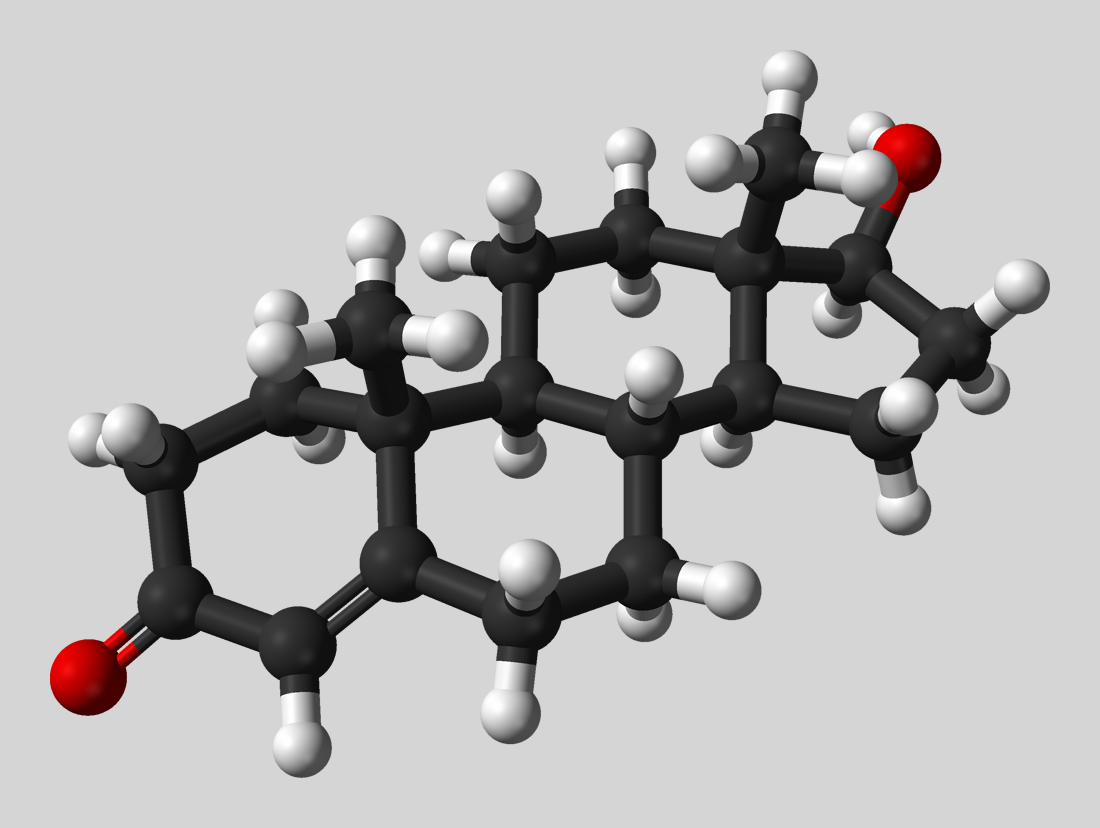Testosterone is a hormone that has hundreds of functions throughout the body. As we age, testosterone decreases and some research suggests declining testosterone levels could be linked with lower quality of life and even mortality.
In this essential article, we break down the current clinical research on testosterone, longevity and quality of life.
Does testosterone kill men early, or make them stronger?
It’s well established that women live longer than men (just ask your mother-in-law). Testosterone has been associated with poorer survival, meaning the more you have in advanced age, the earlier you’ll die.
However, this doesn’t mean that testosterone levels alone dictate mortality. Other lifestyle factors that may modulate or be related to testosterone need to be taken into account, and it’s been difficult for scientists to tease out how much testosterone levels alone play a role in survival.
Testosterone and clinical treatment
While it has been difficult to assess the need for testosterone treatment amongst all aging males due to a lack of large-scale randomized control trials, it’s well understood that in men, testosterone has important actions on muscle, bone, blood, brain, and reproductive organs. Therefore, substantial declines in testosterone could impact the well-being of men of advanced age.
This is particularly true if older men present with clinically low levels of testosterone. In individuals who have chronically low levels, therapy may improve metabolic health, such as in the case of men who have type 2 diabetes and received testosterone therapy. As an added benefit, this treatment may also improve cardiovascular function.
It’s also important to note that men receiving testosterone therapy may be susceptible to an increased risk of prostate cancer, though it’s unclear if testosterone only exacerbates the risk of men who may already be at higher risk of developing the disease in the first place. There is still some debate and further well-controlled research is needed.
Quality vs. Quantity
We typically confuse life span with healthspan or quality of life. It’s still unclear as to whether testosterone alone is a primary driver of men having lower life expectancies. Some studies with cohorts of men with low testosterone demonstrated that treatment was associated with decreased mortality.
What does seem clear is that treatment of testosterone to boost testosterone levels in men who have clinically low levels has demonstrated improvements to their quality of life, including preventing the decline of muscle mass and cardiovascular endurance.
Your optimum health takeaway
References:
Bain J. Testosterone and the aging male: to treat or not to treat? Maturitas. 2010;66(1):16-22.
Michaud JE, Billups KL, Partin AW. Testosterone and prostate cancer: an evidence-based review of
pathogenesis and oncologic risk. Ther Adv Urol. 2015;7(6):378-87.
Schooling CM, Zhao JV. Investigating the association of testosterone with survival in men and women
using a Mendelian randomization study in the UK Biobank. Sci Rep. 2021;11(1):14039.
Shores MM, Smith NL, Forsberg CW, Anawalt BD, Matsumoto AM. Testosterone treatment and
mortality in men with low testosterone levels. J Clin Endocrinol Metab. 2012;97(6):2050-8.
Traustadottir T, Harman SM, Tsitouras P, Pencina KM, Li Z, Travison TG, et al. Long-Term
Testosterone Supplementation in Older Men Attenuates Age-Related Decline in Aerobic Capacity. J
Clin Endocrinol Metab. 2018;103(8):2861-9.
Zitzmann M. Testosterone, mood, behaviour and quality of life. Andrology. 2020;8(6):1598-605.






